Explore your home
Knowing your home is the first step to keeping it safe. Learn more about the safety risks in each area of your home – and how to reduce them.
Living Room
Relax in the comfort of knowing your living room is both safe and cozy for you and your family. Follow these few simple tips keep your living room safe.

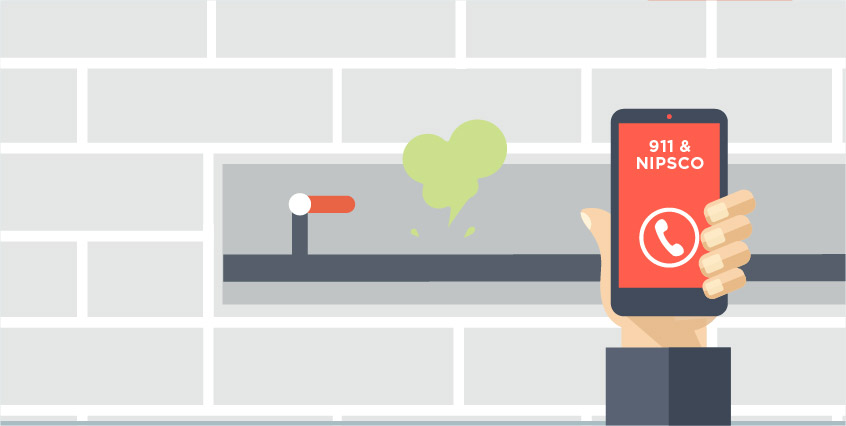
Smell gas? Stop. Leave. Call.
If you smell a rotten egg or sulfur-like odor, you could have a gas leak. STOP what you're doing, LEAVE the area immediately and CALL 911 and us. We'll send someone to check on the source of the odor at no cost to you, whether there is a leak or not.

Installing, repairing or replacing appliances
If you need to install, repair or replace an appliance, hire a qualified professional to make sure the work is properly done. Never attempt this yourself!

Be alert for carbon monoxide
Regularly test your carbon monoxide detectors and replace the batteries and/or detectors as needed. Ensure your home has properly installed CO detectors on every level of your property and in every room where someone sleeps.
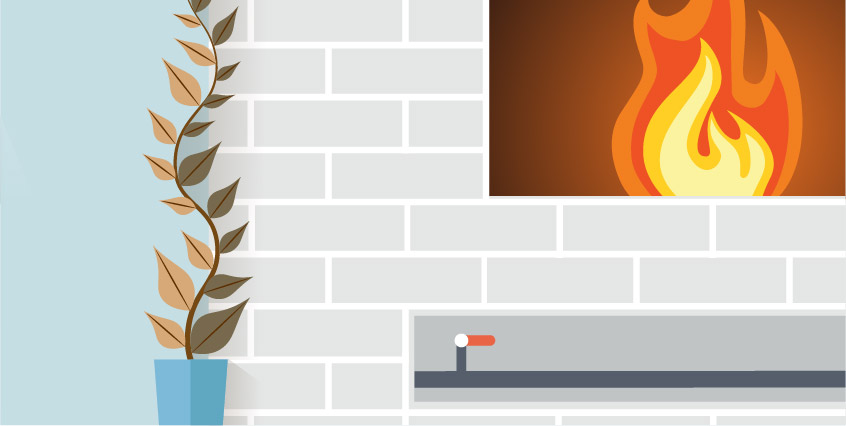
Properly store flammable materials
Never use or store highly flammable materials in the same room as any natural gas or heat-producing appliances, including gasoline, spray paints, solvents, insecticides, varnish, cleaning products and pressurized containers.

Check gas appliance venting
Have a qualified professional inspect natural gas appliances for proper venting to avoid carbon monoxide exposure. They can verify things are in good working condition.

Advantages of a programmable thermostat
Installing a programmable thermostat can save energy while you are away from home or sleeping and can bring your home back to a comfortable temperature when you are ready.

Your fireplace needs care
Follow the manufacturer's recommendations for maintenance.
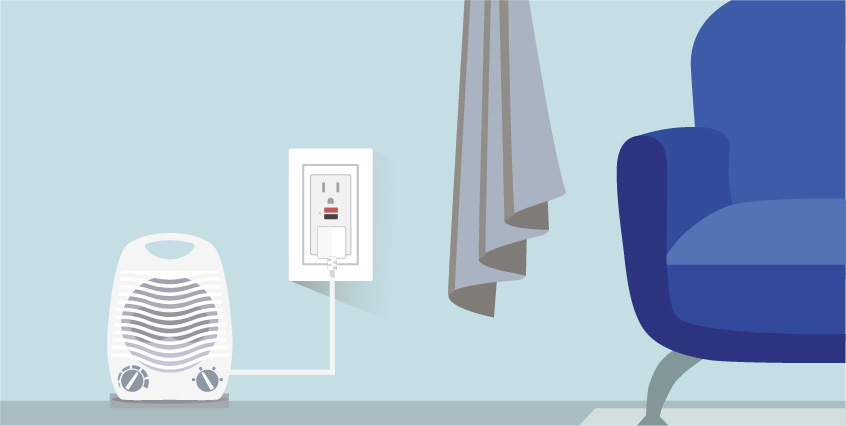
Keep your space safe
Portable heaters should not be operated close to drapes, and to prevent tipping, they should always be placed on a non-flammable stable surface.
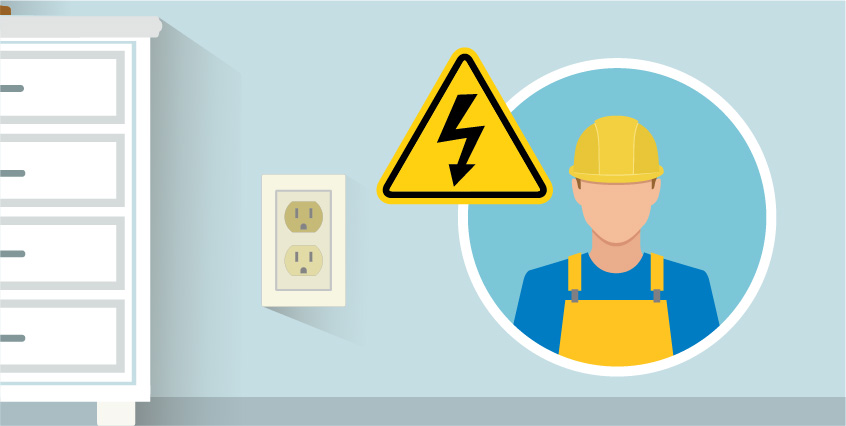
Hire a qualified professional
Call a qualified electrician or your landlord if you have:
- Warm or discolored wall outlets
- A burning smell from an appliance
- Flickering lights
- Frequent problems with circuit breakers or blowing fuses
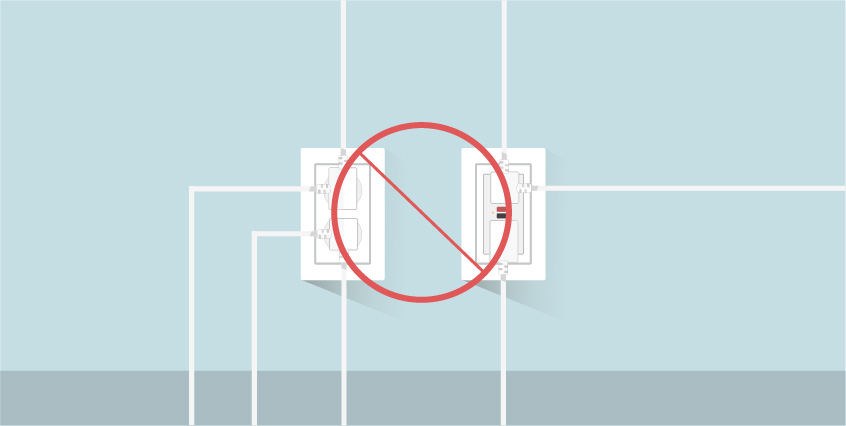
Don't overload
Replace or repair damaged electrical cords to keep your home safe. Do not overload electrical cords or outlets. Have a qualified electrician add more outlets if you need them.
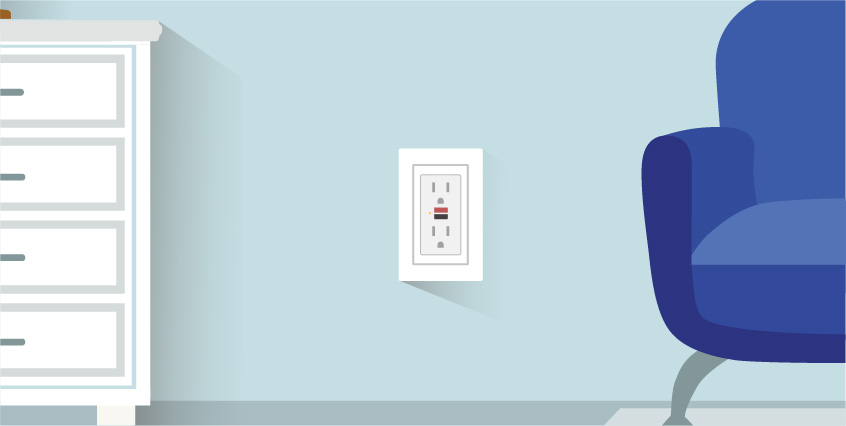
Put safety first
Use GFCI outlets to reduce the risk of potential shock. GFCIs should be installed in all areas where water source is present. Test GFCIs once a month or per the manufacturer’s recommendation.

Red Tags, What do they mean?
Red Tags are used to identify and communicate information about an unsafe condition that needs to be corrected as soon as possible. They are placed on natural gas appliances or internal gas piping by our service technicians.
